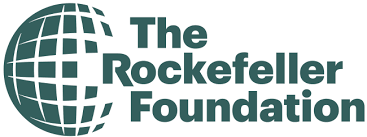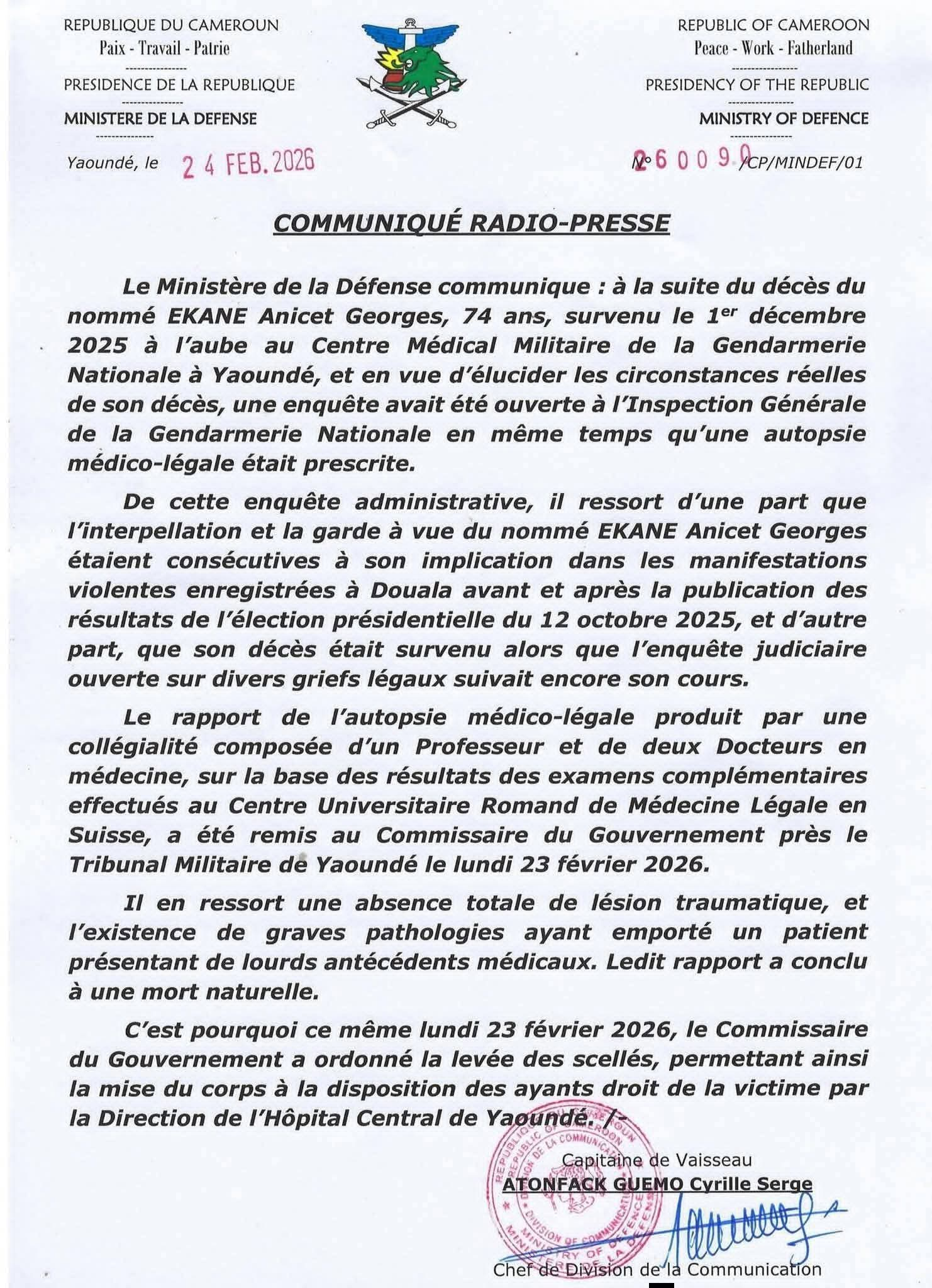The United Nations World Food Programme welcomes a US$ 10.7 million grant from The Rockefeller Foundation to help vulnerable children get better access to nutritious food through school feeding programmes in Benin, Ghana, Honduras, and India.According to the report distributed by APO Group on behalf of World Food Programme (WFP), the two-and-a-half-year initiative focuses on including fortified foods in school meals as well as advocating for more nutritious food throughout the programmes.
In Benin, Ghana and Honduras, the project is expected to directly impact the lives of more than one million school children. The project will also promote local food production, benefiting smallholder farmers and provide school cooks with information on optimal nutrition for children.
In India, the project will support the technical assistance provided by WFP to the government’s school feeding programme, directly benefitting 325,000 children, and seeks to reach more than 110 million school children through food fortification and communication campaigns that encourage healthier eating.
“School meals give tens of millions of children in these countries their only reliable meal of the day. Expanding school feeding programmes in ways that promote the procurement of highly nutritious food will make those children healthier even as it catalyzes larger changes in the food system,” said Roy Steiner, Senior Vice President for The Rockefeller Foundation’s Food Initiative.
“Ultimately, food systems that are nutritious, regenerative and equitable will have the biggest impact on ending global hunger and malnutrition.”
School feeding programmes are the most extensive social safety net in the world, directly benefitting 388 million children globally. Studies have consistently shown these programmes can also support local agriculture, markets and healthier diets while improving health, nutrition and education in vulnerable communities.
However, countries often struggle to provide adequate healthy foods to prevent malnutrition in school-aged children. More recently, school feeding programmes have also had to contend with the increasing costs of wheat and maize due to the combined effects of the COVID-19 pandemic and the war in Ukraine.
“WFP and The Rockefeller Foundation share a commitment to ending hunger, strengthening food systems and ensuring life-long prosperity for all,” said Carmen Burbano, Director of the World Food Programme’s School Feeding Division.
“This project advances the World Food Programme’s 60-year support of national school feeding programmes but reaches even farther, aiming to transform the systems that bring food to school children and their families.”
The newly announced project builds on a previous grant to WFP from The Rockefeller Foundation to address malnutrition among children in Burundi, Kenya and Rwanda by bringing fortified beans and fortified wholegrain maize meal into school meals.
To support this transition in those countries, WFP is working with value chain actors and medium-scale millers in their shift to wholegrains, which contain five times more nutrients than refined grains.
The grants are part of The Rockefeller Foundation’s Good Food strategy, which focuses on increasing access to affordable, healthy food; reducing greenhouse gas emissions in the food system; and expanding economic opportunity for small- and mid-size food producers.
This new US$10.7 initiative will also contribute to the School Meals Coalition, which brings together 73 countries committed to ensuring that by 2030 every child worldwide receives a healthy, nutritious daily meal in school.




